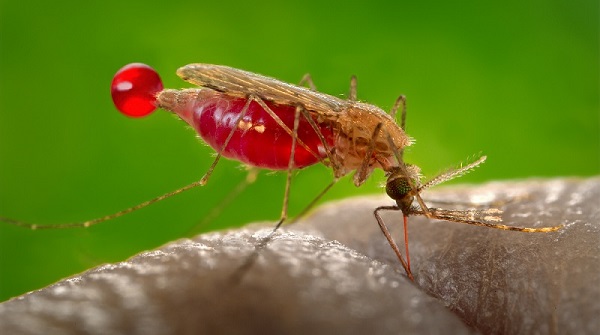
WASHINGTON, United States (CMC) — The Pan American Health Organization (PAHO) on Thursday called on governments and other stakeholders in the Americas to ensure everyone at risk of malaria has access to timely diagnosis and treatment, particularly in remote and indigenous communities where the disease remains entrenched.
“Every malaria case is preventable and treatable,” said Dr Jarbas Barbosa, PAHO director on Malaria Day in the Americas, including the Caribbean.
“We have the tools to eliminate malaria, but this will only happen if health services and communities work together to make testing and treatment available to everyone, everywhere.”
PAHO highlighted progress across the region, noting that Suriname became the first country in the Amazon basin to be certified malaria-free by the World Health Organization (WHO) this year, joining Paraguay, Argentina, El Salvador and Belize since 2018.
It said that these milestones show that elimination is achievable when countries sustain commitment and community action, even in complex contexts.
PAHO said that there are other countries also making important strides reporting low number of malaria cases and close to elimination.
It said that 15 countries and one territory in the region still report areas with malaria transmission and that most infections are concentrated in the Amazon basin where dispersed populations and limited health access contribute to continued transmission.
PAHO said indigenous peoples remain the most affected group, representing over one-third of reported cases and nearly 30 per cent of deaths.
In 2024, the Americas registered more than 537,000 malaria cases, a six per cent increase compared to 2023 (505,000 cases).
Bolivia, Peru, Colombia, Haiti, and Panama saw increased transmission of malaria in 2024 due to factors related to internal migration, gold mining, climate events like El Niño, and complicated access to health services in remote or conflict-affected areas.
PAHO said that on Malaria Day in the Americas 2025, it recognises the efforts of thousands of health workers and community collaborators for their crucial role in eliminating malaria.
“In many rural and hard-to-reach areas, malaria prevention, diagnosis and treatment are only possible thanks to the dedication of local residents trained and supervised by ministries of health.
“These community members, often living in remote villages, indigenous territories and border zones, serve as the first line of defence against malaria and have helped to remove barriers to care by establishing permanent malaria diagnosis and treatment points within their own communities.”
PAHO said it is urging all countries to intensify malaria elimination efforts by expanding access to rapid diagnosis and treatment through local health services and community agents, reinforcing surveillance systems that generate timely and reliable data and building national alliances that include governments, communities and partners under the leadership of ministries of health.

